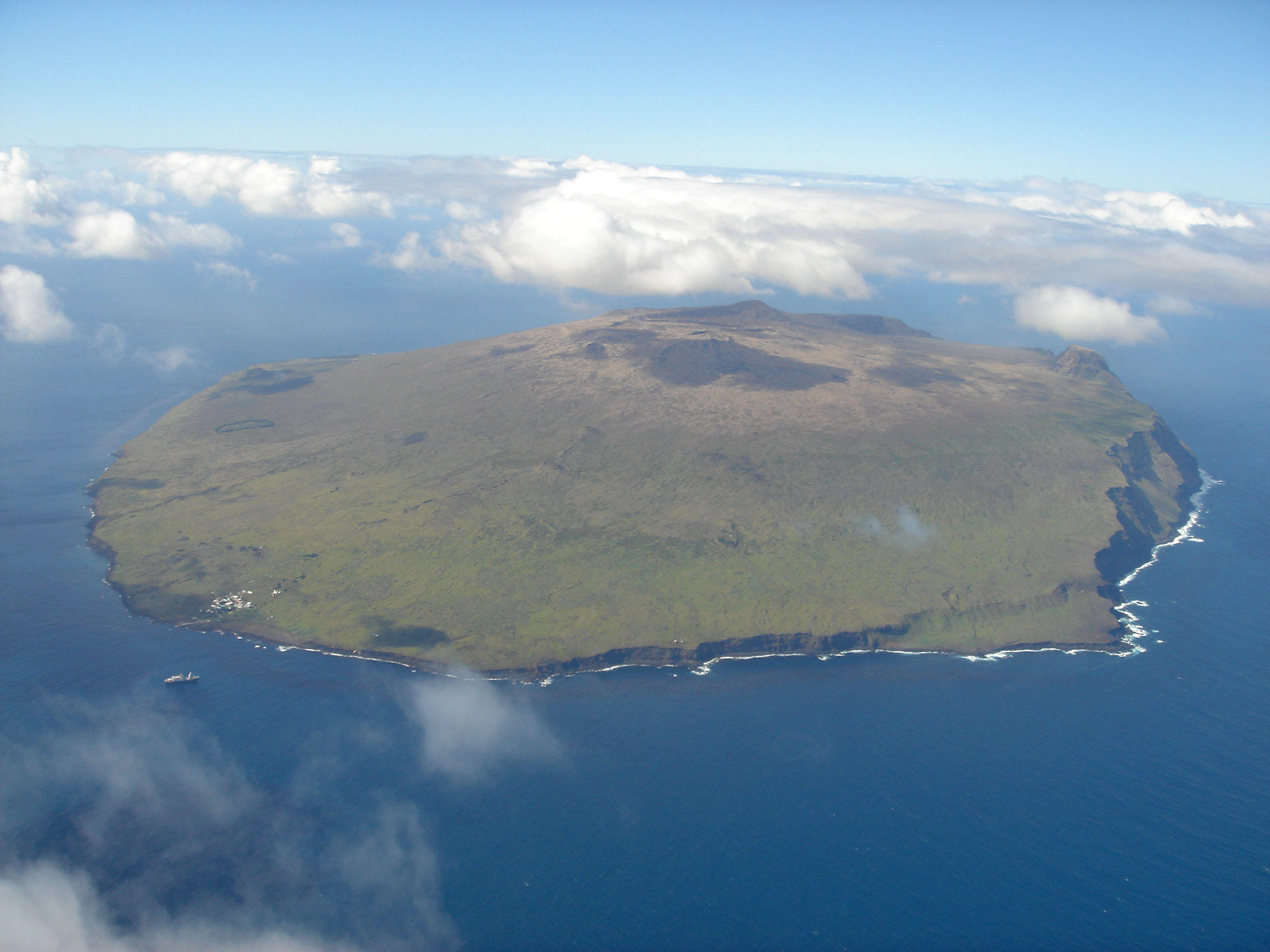
Martin-de-Viviès Station on Amsterdam Island, photograph by Antoine Lamielle
UPDATE
Here is the latest news on the fire on Amsterdam, translated from a TAAF media release dated 29 January 2025.
“The fire on the island of Amsterdam remains active and continues to advance south under favourable weather conditions, marked by dry weather and strong winds. To date, an estimated 1048 hectares have been burned, or 18% of the island’s area. The teams of the French Southern and Antarctic Territories (TAAF) and their partners are continuing to mobilize to monitor the evolution of the situation and anticipate the necessary actions.
A reconnaissance mission will depart on board the Floréal, a surveillance frigate of the French Navy, on 7 February. Composed of a detachment of four professional SDIS firefighters from Réunion and seven technical staff of the TAAF, including a doctor, the mission will have the following objectives:
- assess the development of the fire by identifying persistent hot spots;
- establish an inventory of the island’s vital infrastructure, including water, energy, fire safety and communications networks;
- to ensure the safety of equipment;
- to investigate the causes of the fire.
The authorities of the French Southern and Antarctic Territories remain fully committed to the management of this crisis and thank all the actors involved for their support and determination in the face of this exceptional situation."
**************************************************************************
A fire that that started on France’s sub-Antarctic Amsterdam Island in the southern Indian Ocean on 15 January has led to all 31 personnel occupying the Martin-de-Viviès scientific station being evacuated the next day “in the face of the flames that were out of control”. The fire broke out near Pointe-Bénédicte 2.5 km from the station and was quickly spread by strong winds to threaten the buildings. “The personnel first “tried to fight the fire but the weather conditions were very unfavourable, with strong gusts, so they were overwhelmed”. The island’s scientists and military personnel were first removed to the French crayfishing boat Austral early in the day after the fire commenced and then transferred to France’s polar supply and research vessel, Marion du Fresne, the following day, following its diversion from the French Kerguelen Islands to the east. According to reports, it is not yet known whether any buildings at the Martin-de-Viviès Station escaped the flames.

Amsterdam Albatrosses engage in mutual display, photograph by Romain Buenadicha
The evacuation will result in a halt of biological monitoring, including of the island’s ACAP-listed albatrosses and petrels, one of which, the Endangered Amsterdam Albatross Diomedea amsterdamensis, breeds nowhere else. Amsterdam Island is the only locality where research on the Endangered Indian Yellow-nosed Albatross Thalassarche carteri is undertaken. Checking for the presence of rodents following an eradication effort in 2024 will also have been halted as a result of the evacuation. Monitoring of greenhouse gas concentrations will also be affected, as will the collection of magnetic and seismological data.

Amsterdam Island from the air, photograph from Thierry Micol
Information from here and other sources.
With thanks to Susan Micol and Richard Phillips for information.
John Cooper, Emeritus Information Officer, Agreement on the Conservation of Albatrosses and Petrels, 24 January 2025, updated 05 February 2025

 English
English  Français
Français  Español
Español